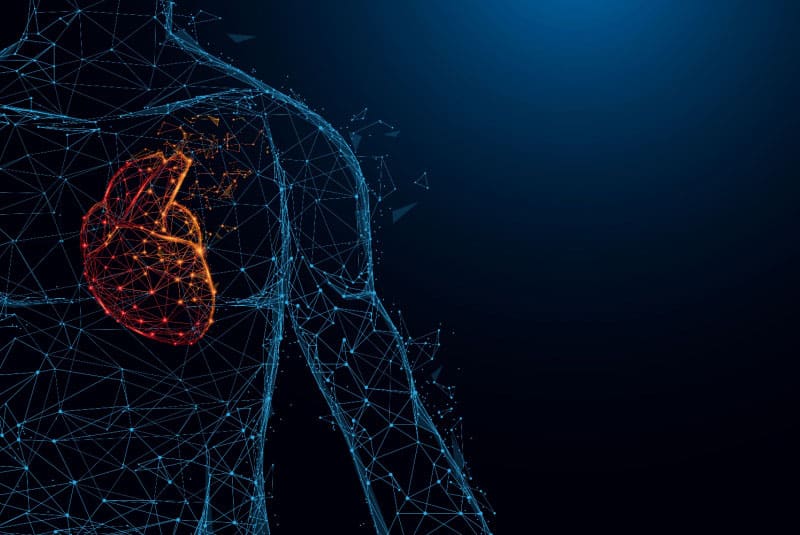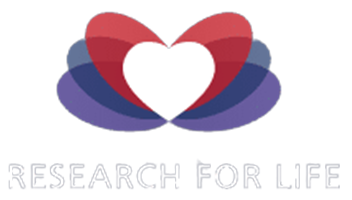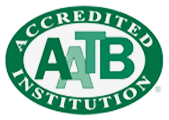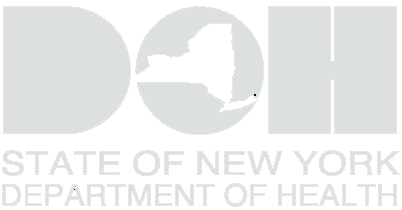
The Beat Goes On: Prioritizing Heart Health
Beating 2.5 billion times over the average lifetime, the heart is a vital organ with a 24/7 job, pumping blood and providing oxygen and nutrients to your body that are needed to function. When the heart does not receive the care it needs or begins to improperly function, an individual can begin to develop serious problems.
Did you know?
Info/Statistics gathered from the CDC
- Heart disease is the leading cause of death across all racial and gender groups in the United States.
- In the United States, an individual has a heart attack every 40 seconds.
- Every year, about 805,000 people in the United States have a heart attack. Of these people, 605,000 are a first heart attack, 200,000 happen to people who have already had a heart attack, About 1 in 5 heart attacks are silent—the damage is done, but the person is not aware of it
- One person dies every 33 seconds in the United States from cardiovascular disease.
- Coronary artery disease, also known as coronary heart disease, is the most common type of heart disease.
Now, heart problems are not just limited to heart attacks, there are a variety of factors that can cause heart disease in different areas of your heart. People can experience heart disease caused by:
- Blood vessels aka coronary artery disease in which plaque builds up in the heart arteries and is commonly associated with symptoms such as chest pain, shortness of breath, pain in the neck, jaw, throat, upper belly area, or back, and pain, numbness, or coldness of legs or arms.
- Irregular heartbeats aka heart arrhythmias are when your heart beats too quickly, slowly, or irregularly and is commonly associated with symptoms such as chest pain, dizziness, fainting, fluttering in the chest, lightheadedness, racing heartbeat, or slow heartbeat.
- Congenital heart defects which are usually noticed after birth in children include symptoms like pale gray or blue skin or lips, swelling in legs, belly, or eye area, or shortness of breath during feedings. Less serious congenital heart defects diagnosed later in childhood or adulthood are commonly associated with symptoms such as easily running out of breath during activity, easily tiring during activity, and swelling of hands, ankles, or feet.
- Diseased heart muscle aka cardiomyopathy does not have noticeable symptoms at first but when progressing you may start experiencing dizziness, fatigue, feeling short of breath during activities, rest, or at night when trying to sleep, irregular heartbeats that are rapid and swollen legs, ankles or feet.
- Heart valve problems aka valvular heart disease which is when a heart valve has narrowed, leaked, or closed improperly. Depending on the valve, symptoms can include chest pain, fainting, fatigue, irregular heartbeat, shortness of breath, and swollen feet or ankles. Endocarditis is an infection instead of damage to the valves and this can include symptoms such as dry, persistent cough, fever, heartbeat changes, shortness of breath, skin rashes, swelling of legs or belly area, and overall weakness.
The Attention Your Heart Deserves
Heart disease and poor heart health are incredibly serious and one of the most common causes of death in the United States consistently, but in the same breath heart health can be addressed, monitored, and controlled by making smarter lifestyle choices.

ADDRESS YOUR EATING HABITS
Poor diet and water intake are significant factors of poor heart health. Substituting sugary drinks with water and cutting out salt, saturated fats, and sugar have been proven to help aid in heart health. Don’t know where to start when it comes to diet change? Here are some great options to start with:
- Black Beans
- Salmon
- Tuna
- Olive Oil
- Walnuts or Almonds
- Flaxseed
- Low-fat Yogurt
- Cherries or Blueberries
- Dark Leafy Greens
QUIT SMOKING
Smoking is not good for your health in general but when it comes to your heart the chemicals in cigarette smoke cause the cells and blood vessels to become swollen and inflamed. It can also lead to cardiovascular conditions such as:
- Atherosclerosis
- Coronary Heart Disease
- Stroke
- Peripheral Arterial Disease (PAD)
- Abdominal Aortic Aneurysm
It can be hard to quit smoking but the damage is repaired quickly and within the first year, their heart attack risk significantly decreases.
GET MOVING
The benefits of exercise have been instilled in essentially everyone from an early age. Getting regular exercise not only helps improve your overall health but helps improve your heart health by effectively:
- Lessening risk of diabetes
- Reducing inflammation throughout the body
- Improving the muscles’ ability to pull oxygen out of the blood, reducing the need for the heart to pump extra blood
- Reducing stress hormones
- Working as a beta blocker to slow heart rate and lower blood pressure
- Increasing good cholesterol and controls triglycerides
LIMIT STRESS
While stress is common among most people, constant stress can cause serious harm to your heart. Whenever an individual is stressed, their body releases a hormone called cortisol which is in response to stress, flooding of these levels can cause an increase in blood cholesterol, triglycerides, blood sugar, and blood pressure. Common indicators of stress are decreased energy, trouble sleeping, anxiety, depression, a sense of dread, and irritability.
Some usual ways to deal with stress are:
- Regular exercise
- Getting enough sleep
- Connecting with loved ones
- Meditation/Deep breathing
- Maintaining a healthy life balance
It is advised by medical professionals to call 911, your doctor or seek emergency care services if you or someone you know experiences sudden uncomfortable pressure, pain that spreads to shoulders, neck jaw, or back, unexplained anxiety or chest discomfort accomplished by light-headedness, fainting, sweating, nausea, or shortness of breath.



